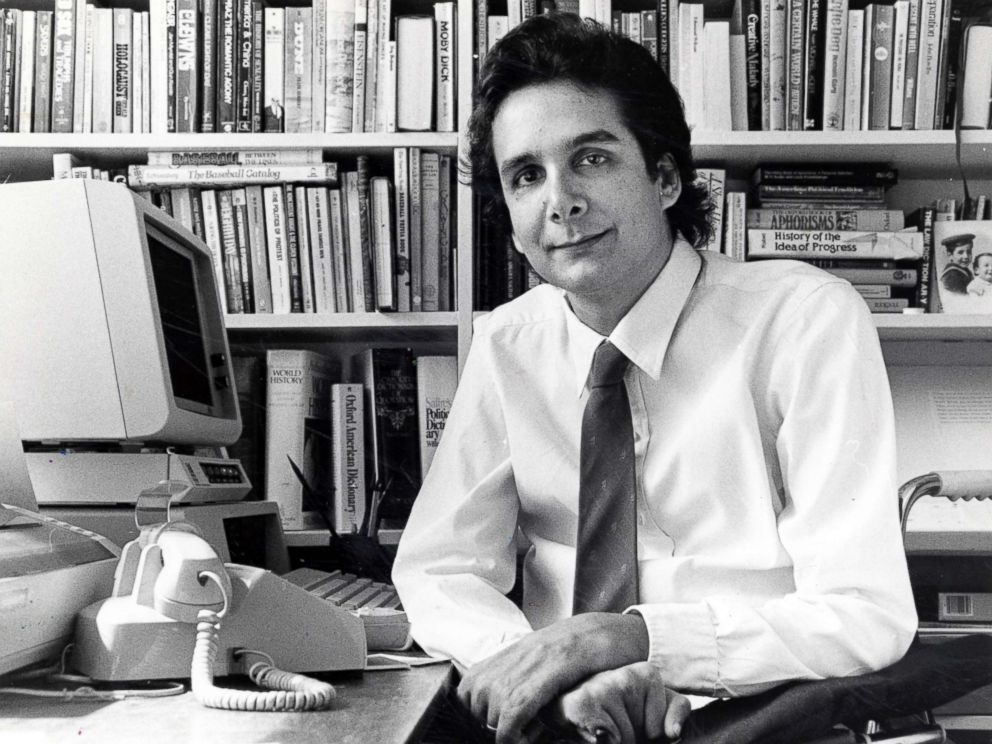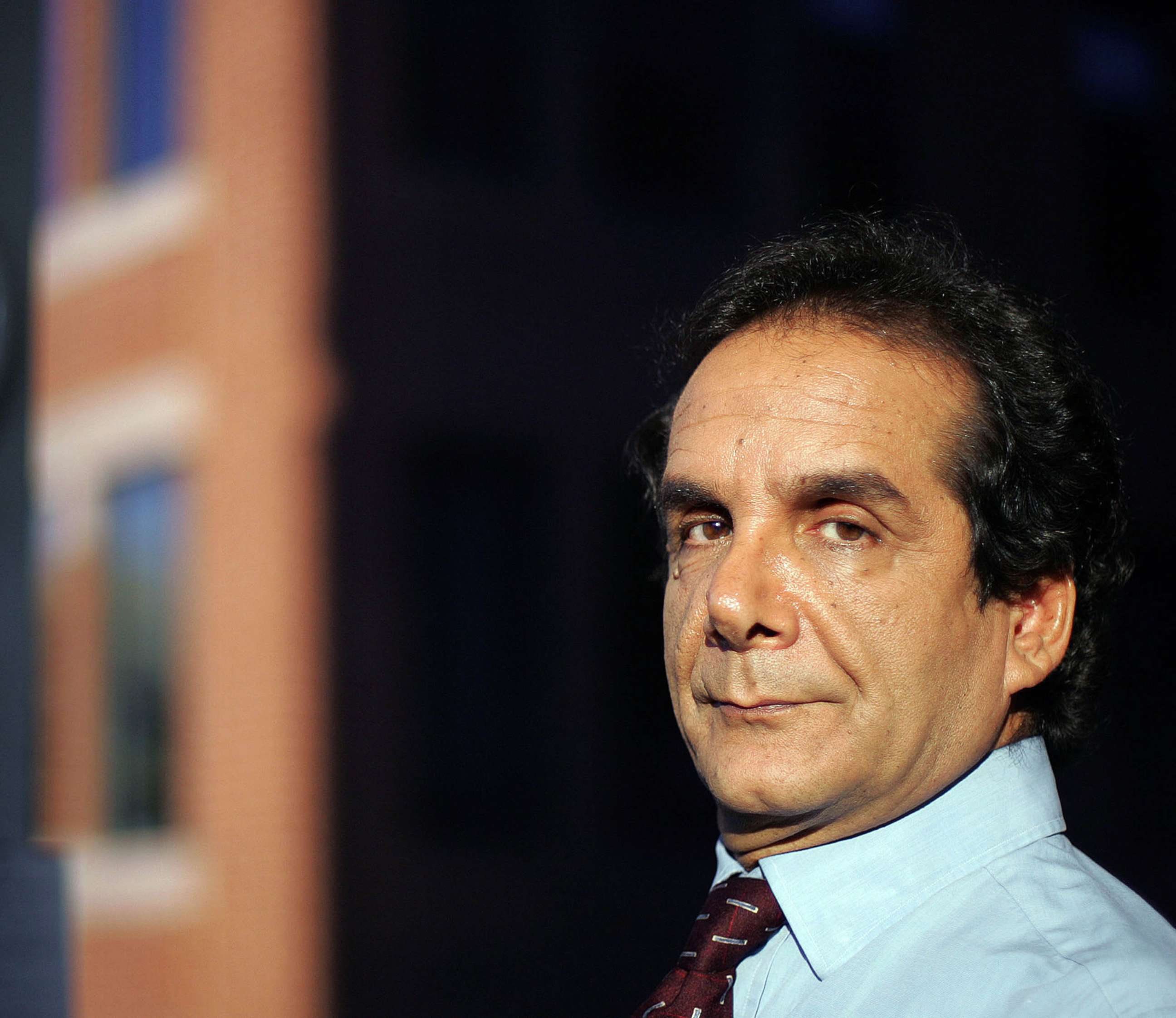Award-winning political analyst Charles Krauthammer dead at 68
Pulitzer prize-winning columnist and political analyst Charles Krauthammer has died at the age of 68, according to The Associated Press.
Krauthammer, who wrote for The Washington Post and would often appear as a commentator on cable news channels -- particularly Fox News -- died after a battle with cancer in his small intestine, The Post reported.
Krauthammer championed the foreign policy of neoconservatism that helped lay the groundwork for the 2003 U.S. invasion of Iraq, according to The Washington Post, which described him as an "intellectual provocateur" and "one of the highest-profile commentators of his generation."

He won his Pulitzer Prize for his weekly column in The Post in 1987. At the time, he was also a marquee essayist for Time, the New Republic, the Weekly Standard and the National Interest, The Post reported.
On June 8, Krauthammer wrote an op-ed in The Washington Post titled "A note to readers," in which he revealed that he only had weeks to live.
"I have been uncharacteristically silent these past ten months," he wrote. "I had thought that silence would soon be coming to an end, but I’m afraid I must tell you now that fate has decided on a different course for me."

Krauthammer underwent surgery to remove a cancerous tumor in his abdomen in August 2017, which was initially thought to have been a success, but eventually "caused a cascade of secondary complications," he wrote.
Although the fight was "long and hard" and filled "with many setbacks," Krauthammer said he thought he was steadily and slowly overcoming each obstacle to get healthy again.
"However, recent tests have revealed that the cancer has returned," he wrote. "There was no sign of it as recently as a month ago, which means it is aggressive and spreading rapidly. My doctors tell me their best estimate is that I have only a few weeks left to live. This is the final verdict. My fight is over."

Krauthammer ended the letter thanking the colleagues, readers and viewers who made his career possible, his doctors and caregivers for their "magnificent" efforts and his friends, who sustained him through his last "difficult months."
"I leave this life with no regrets. It was a wonderful life — full and complete with the great loves and great endeavors that make it worth living," he wrote in the letter's final lines. "I am sad to leave, but I leave with the knowledge that I lived the life that I intended."




